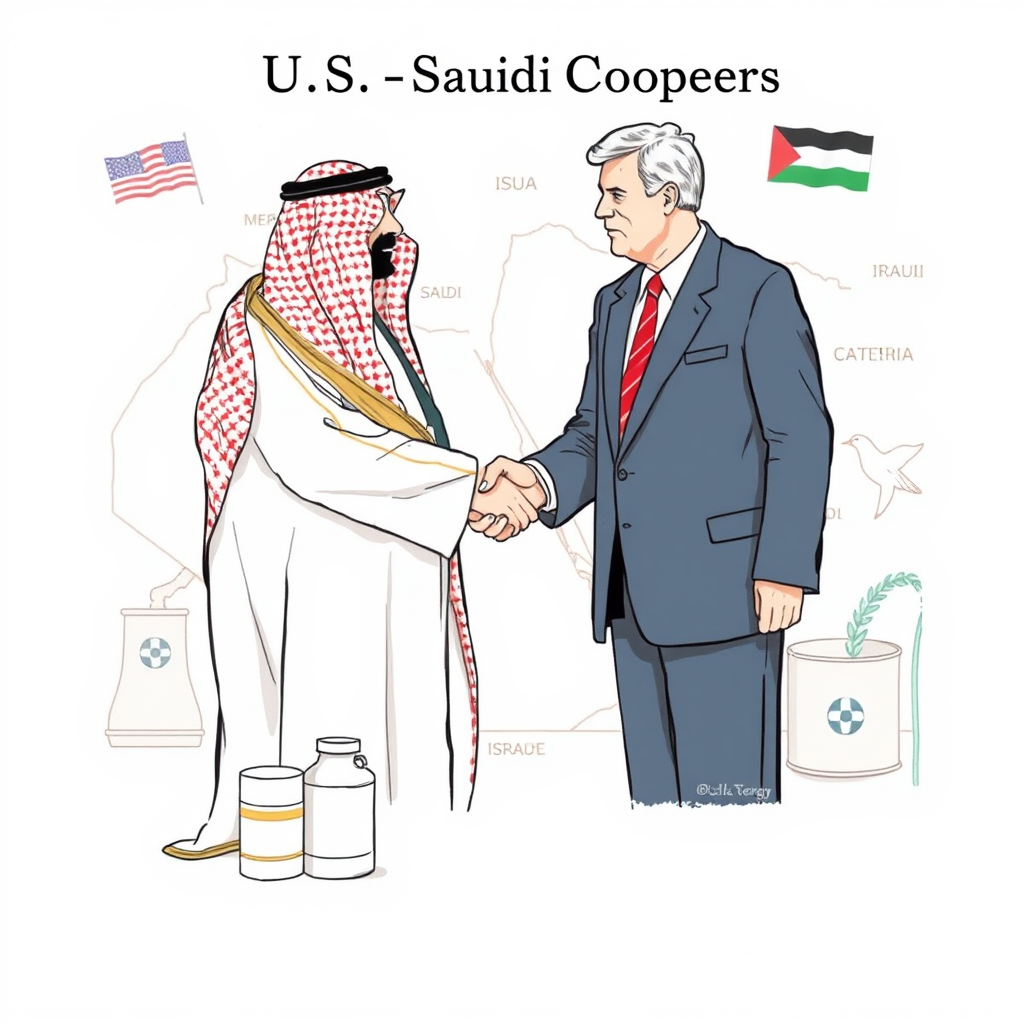Trump U-Turn: Saudi Arabia's Nuclear Wish Granted

In a significant shift, the United States has dropped its requirement for Saudi Arabia to formally acknowledge Israel as a precondition for advancing nuclear cooperation discussions, Reuters reports. This decision is seen as a substantial concession from the U.S. administration. Under former President Joe Biden, nuclear talks were intertwined with a broader U.S.-Saudi deal that included normalization of relations with Israel and Saudi Arabia’s pursuit of a defense treaty with the United States. Several Middle Eastern countries, including the United Arab Emirates, Bahrain, and Morocco, have already normalized ties with Israel through the Abraham Accords, which were signed during Donald Trump’s first term. However, Saudi Arabia has consistently stated that it will not recognize Israel without the establishment of a Palestinian state.
The momentum towards Saudi recognition of Israel has been impeded by the widespread outrage in Arab nations over the ongoing conflict in Gaza. During a visit to Saudi Arabia in April, U.S. Energy Secretary Chris Wright indicated that the kingdom and the United States were progressing towards a civil nuclear agreement. Saudi Arabia aims to develop nuclear energy capabilities as part of its efforts to diversify its economy away from oil dependency. Nuclear power could also facilitate increased oil exports by freeing up more crude barrels.
In his second term, President Trump is set to embark on a major foreign trip next week, with planned stops in Saudi Arabia, Qatar, and the United Arab Emirates. This marks the second time Trump has prioritized Saudi Arabia for his first significant international visit, bypassing the U.S.’s closest allies in the region.
From an outside perspective, this decision seems to prioritize strategic and economic interests over principled stances on regional peace and human rights. While the move may expedite nuclear cooperation and economic diversification for Saudi Arabia, it risks further complicating the delicate balance in the Middle East, particularly in light of the contentious issue of Palestinian statehood and the ongoing conflict in Gaza. The U.S. appears to be navigating a complex web of alliances and interests, but at what cost to long-term stability and justice in the region? Only time will tell how this concession will play out in the broader geopolitical landscape.